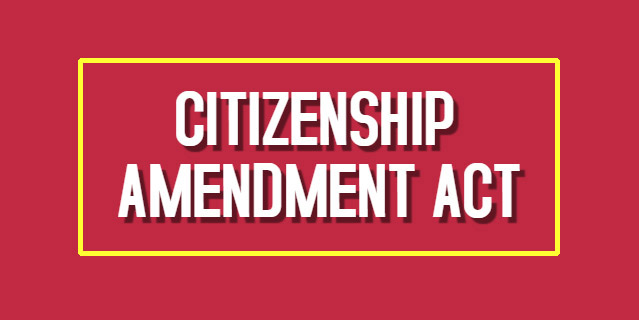Nithyakalyani Narayanan. V
The Indian Union Muslim League of Kerala and others filed a petition in the Supreme Court on March 12th, 2024, requesting a suspension of the Citizenship Amendment Rules, 2024, which were announced on March 11th, 2024.
Additionally, it requested that the court halt the implementation of the CAA, 2019 and any regulations that would confer citizenship to individuals who practise specific religions exclusively and result in the creation of important rights, creating a fait accompli situation.
The plea also requested that the court direct the Union government to refrain from using any coercive measures under the relevant statutes, such as the Citizenship Act of 1955, the Passport Act of 1920, the Foreigners Act of 1946, and any rules or orders made thereunder, against members of any religion or denomination who have been excluded from the scope of the Citizenship Amendment Act, 2019 and Citizenship Amendment Rules 2024 due to their religion or religions, while the present writ petition is being adjudicated.
The applicant, who had previously filed a writ case, also asked the court to issue an injunction against coercive measures against members of the Muslim community who have been denied the opportunity to apply for citizenship in accordance with the regulations while the writ petition is being decided.
Alternatively, it requested that the court order the Union government to allow Muslim community members to seek citizenship and provide a report on their eligibility on a provisional basis. If the interim injunction is granted, the applicant argued, no prejudice would result; nonetheless, the petitioners would suffer substantial prejudice and irreversible harm.
It stated that in the unlikely event that this court ultimately found the CAA to be unconstitutional, the citizens who had received citizenship would have to have it revoked, creating an unusual circumstance.
The petition laid out that although the act was passed in 2019, the government actually delayed notifying the rules for 4.5 years and during those years, the government did not view its implementation as urgent. Therefore, no one’s rights or interests would be impacted by waiting for this court’s ultimate decision.

